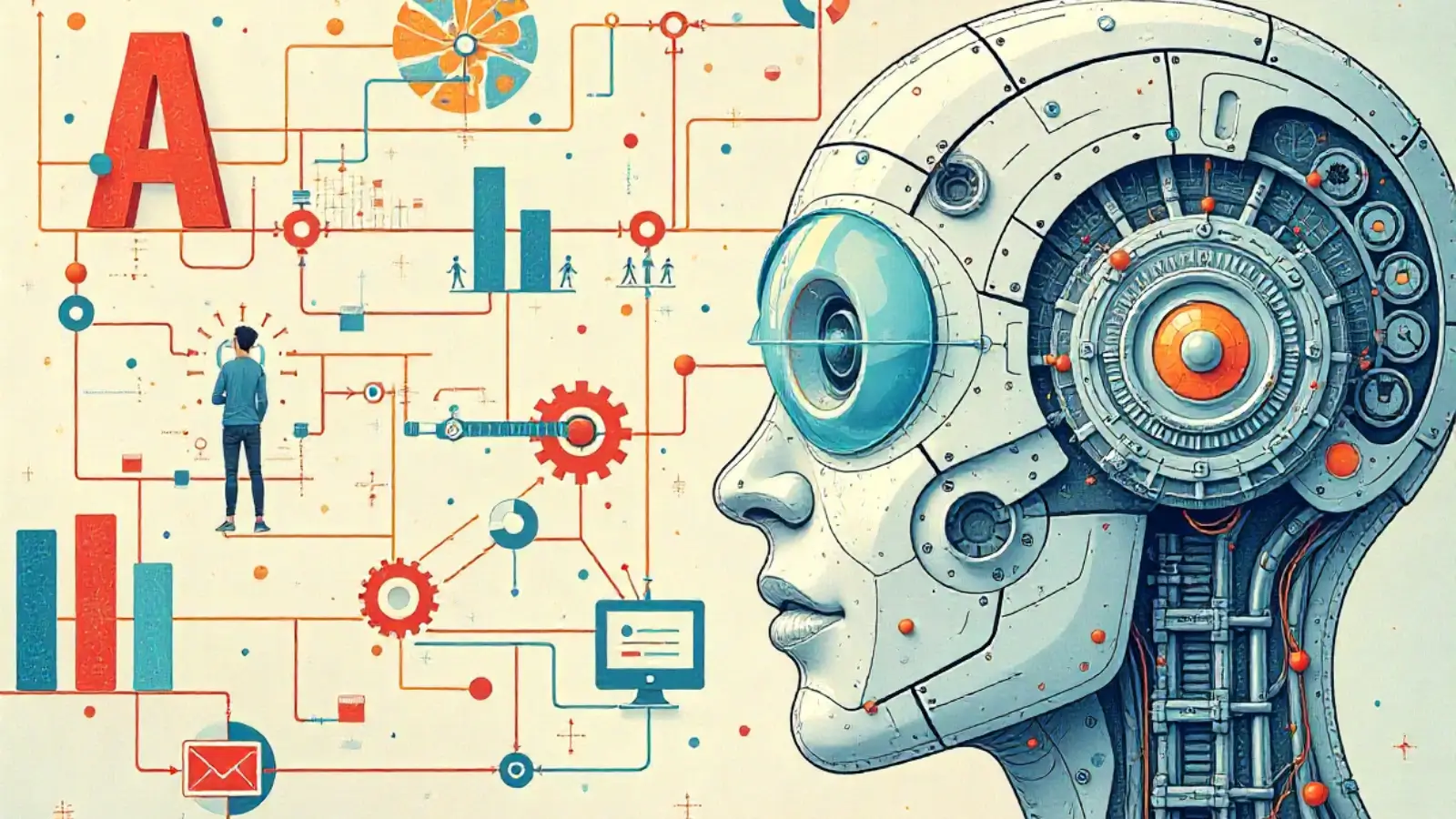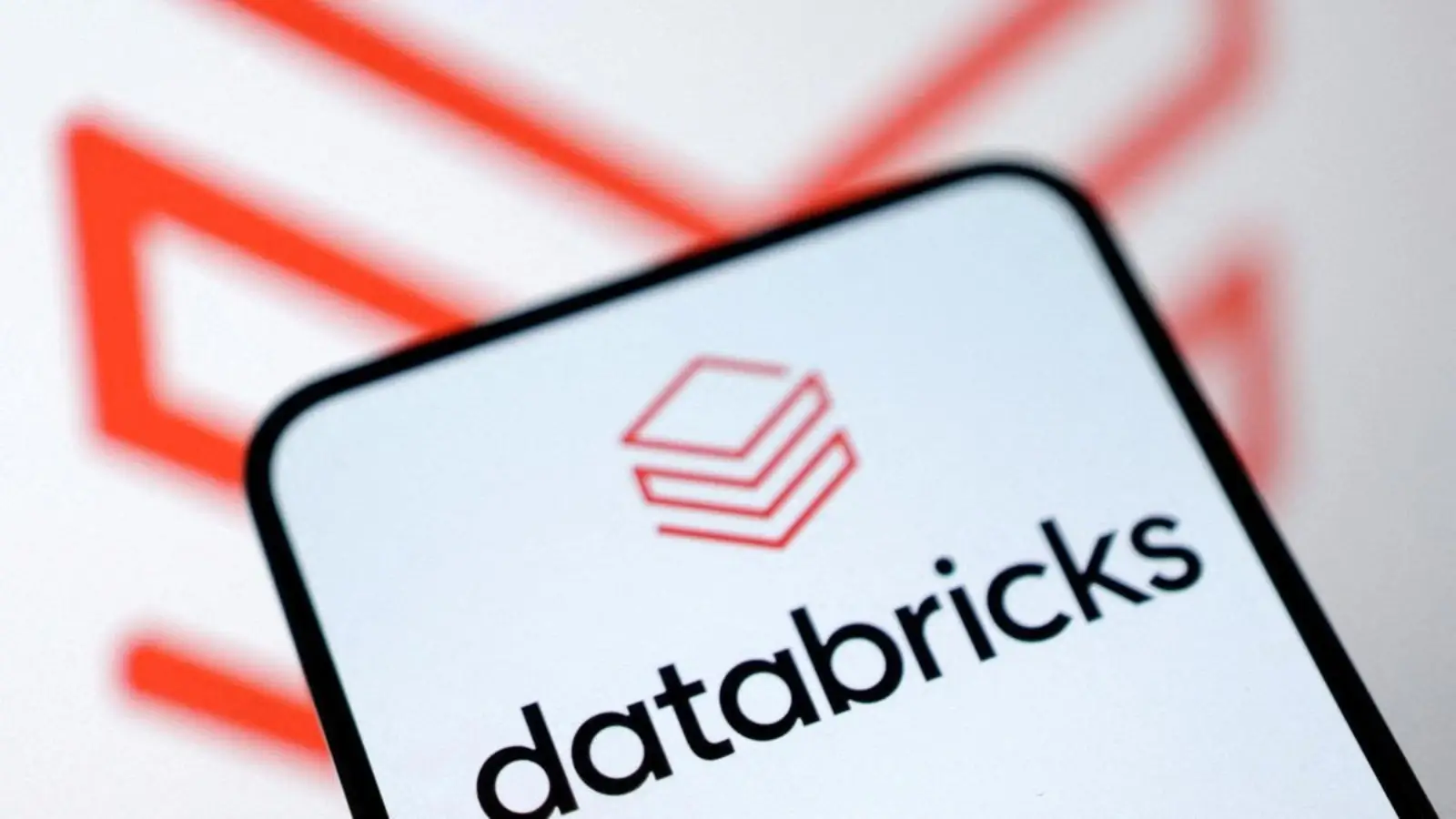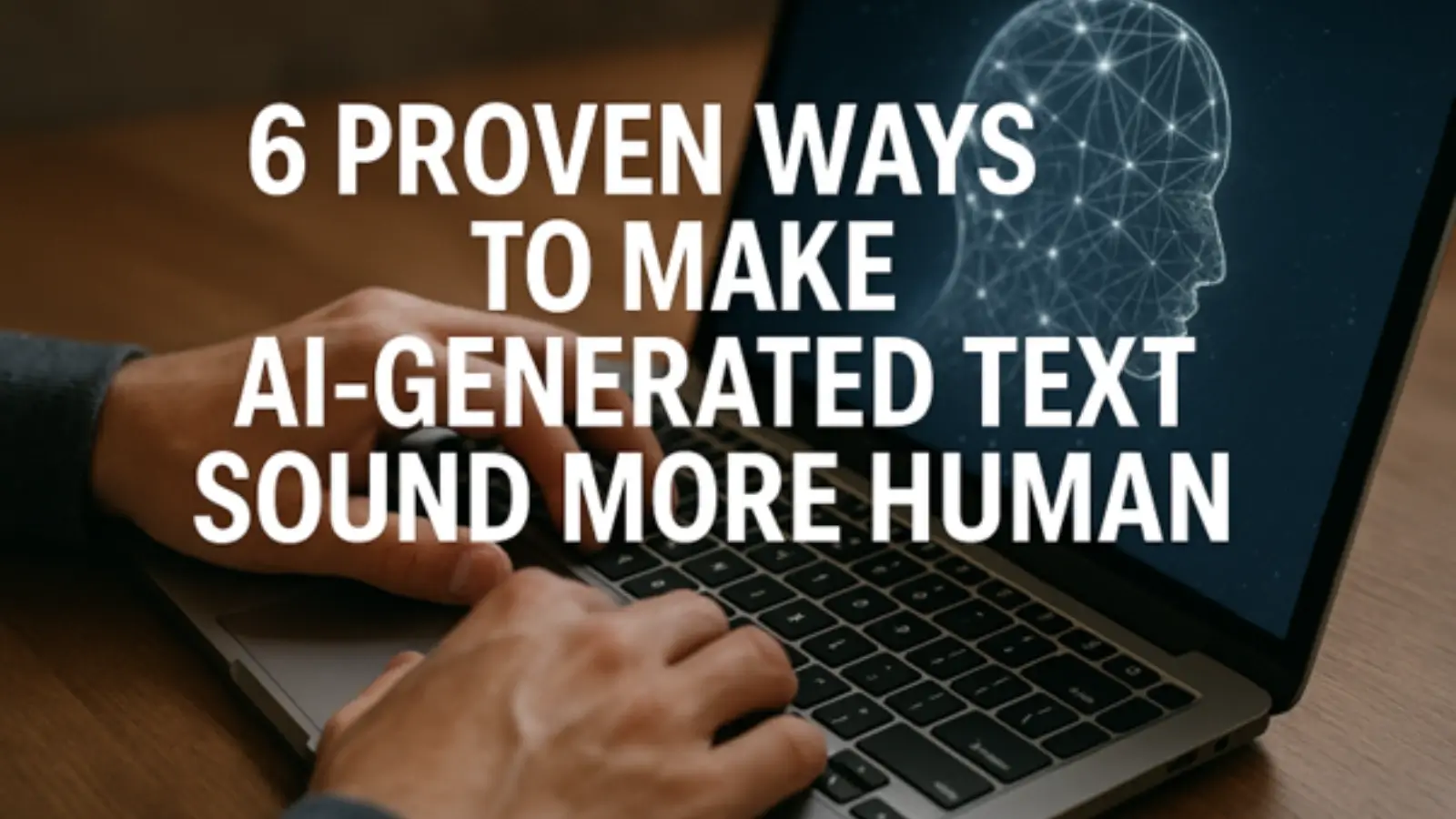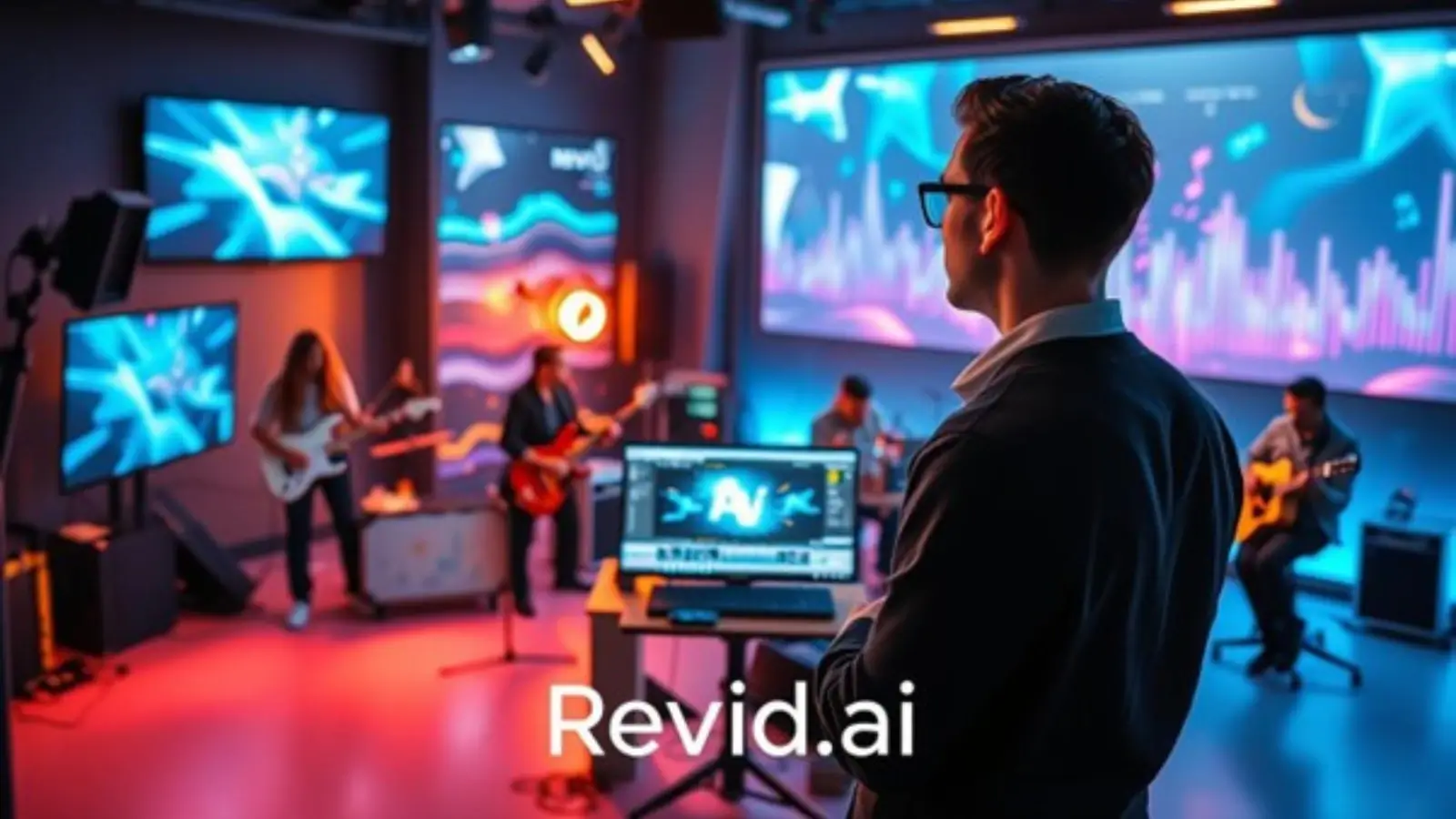Healthcare industry is at the time of first rate transformation and one of the most significant drivers of this transformation movement is artificial intelligence. In a myriad of AI healthcare packages, medical documentation is currently getting revolutionized through advanced generative models. The utility of AI interior this seminal detail of scientific practice isn’t always handiest enhancing accuracy and efficiency however enhancing the overall affected person care revel in. In the years ahead. What is the future of generative AI in healthcare? A balance of sensible automation, empathetic care and innovation is the solution.
Transforming the Way Healthcare Professionals Work
For many years, clinical documentation has been one of the most time-consuming and burdensome tasks for clinicians. In some cases, physicians spend hours typing notes, coding processes and arranging patient facts, knowingly taking time away from patients. And, dramatic is the extent to which this workflow is being streamlined with AI-powered clinical documentation gear.
Natural language processing (NLP) and generative AI can now eavesdrop on health practitioner-patient conversations and crank out complete, structured notes in real time. Such elements are trained so that they recognize clinical terminology, individual affected patient crushed, and physician choices, which enables tailored documentation for both clinical and regulatory requirements. This are reducing burnout, advancing process delight and giving its healthcare carriers more face time with their patients.
This shift has urged us to ask ourselves: What is the future of generative AI in healthcare? It's a future in which technology hums along in the background, enabling clinicians to focus more on the human side of healing, as documentation serves as a seamless second skin.
Enhancing Performance and Reducing Error Rate
Medication errors especiallythose linked to documentation error are not new subject in the health care of different nations. Errors or vagueness may cause misdiagnosis and mistreatment as well as patient safety risks. Documentation tools that utilize AI strive to avoidthese errors by making sure your notes are complete, accurate, and appropriate.
Generative A.I. tools do more than just transcribe — they synthesize information, flag inconsistencies and, in some cases, even offer flickering hints of clairvoyance or artistic flair. The approach Eachstep clinicianscan take documentation that truly represents the affected person come across and is endorsed via records-pushed insights. Further, by utilizing regularized vocabularies for the words and minimizing the associated degree of manual input, AI minimizes the differences among individual between physicians and facilities.
So what does the future of generative A.I.in health care look like? It’s a world in which AI serves as a second set of 2d eyes for every health care supplier, helping to catch errors before they compromise outcomes, ensuring accuracy and inspiring a higher total of care.
Enhancing Life For All of Our Patients
Another beneficial aspect of AI-generated documentation is the improvement of personalizedtreatment. The more Ccs are better, the more tightly correlated, up-to-date, and attentive an opinion or a care provider is to their patient. Historical data such as observable statistics and past diagnosis and treatment effectiveness might help AI support more informed conversations in consultations by bringing data to the fore from the past, analysing and summarising it.
Here’s the scene: Before a doctor enters a patient’s room, he or she takes a glance at a short A.I.-generated summary showing recent symptoms, relevant lab results and capacity issues. Thanks to that support, caregivers are able to communicate with patients in amore supportive and intuitive manner that promotes trust.
And how are we doing with generative AI in health care, again? The enduring fix, in all cases, is to build the experience of the patient - and that means clearer communication, deeper understanding - so care is not just the best, but the most human, it can be.
Training and Research Support
AI-augmentedclinicaldocumentation isn't all work and no play, though — it also supports medical education and research. With the unprecedented amount of anonymized stats now being collected and processed by AI, theres a way for the scientiststo study population trends and outcomes, as well as the coming and goings of fitness trends.
Trainees will gain access to AI-enabled feedback about their documentation acumen, learning bestpractice, improving their diagnostic reasoning, and dissecting squirely patient visits. And researchers could possibly depend on AI-summarized scientific knowledgeto accelerate study recruitment, check hypotheses and nudge advances in located in remedy.
So in that frame of reference whereare we going with AIand generative AI in healthcare? / / WorldIt’s a world which delivers learning and discovery – faster, more accurately, and more inclusively than ever before – closing the gap between what we know and what we need to do to keep life healthy.
Conclusion
But that is how we should feel about the trajectory of AI in medical documentation. As fashions get better and better, we can dream up ever-more interesting capabilities — live translation, note taking by dictation, clever trafficking of autocompleted code for billing, predictive capacity around scientific trends. These concepts could be embedded across devices and systems, enabling a seamless experience for front-line staff clinicians, patients, administration and researchers. It is very important that principles of privacy and ethics will be a cornerstone in such developments. Independent AI developmentwill make certain that every one scientific documentation tools meet the requirements, defend patient data, and encourage equitable getadmission to.

















